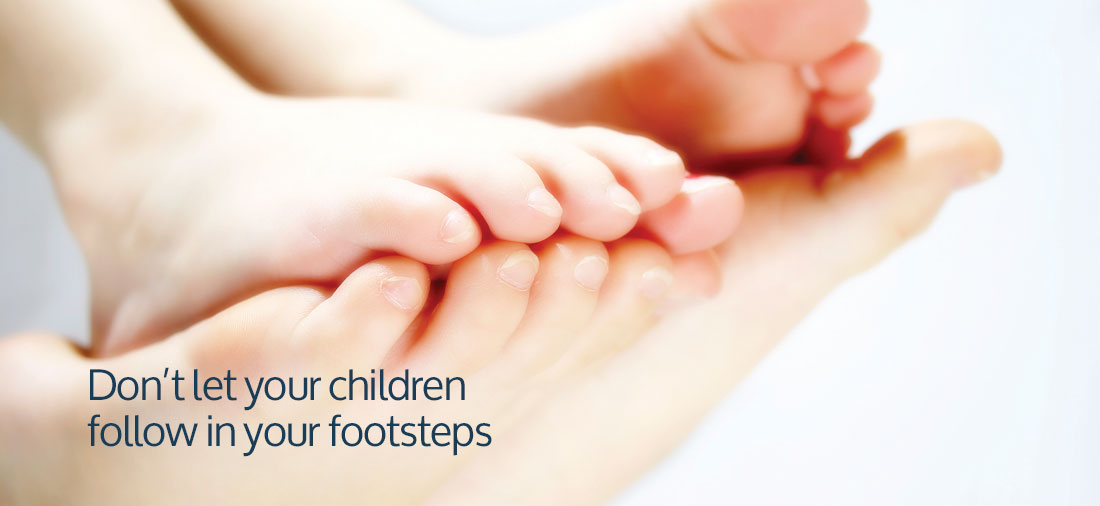Specialised Training in Young Athletes linked to Overuse injuries
When it comes to children’s sport, there appears to be increasing pressure on those that excel at certain sports to focus solely on that activity. Young athletes are specialising in a single sport at much earlier ages with the belief that more hours focused on one sport will result in them becoming a better athlete. However, research has shown this may not be the case, and putting more hours into a sport at a young age may have unwanted consequences such as burnout and overuse injury.
There is no evidence to show that specialising in a single sport at an early age increases the likelihood of long term success. In fact, there is good evidence to demonstrate those that participate in a range of different sports (multi-sport athletes) are more likely to succeed and play at a higher level than those who focus on a single sport.
By participating in multiple sports at a young age, athletes cross-train, while stretching and strengthening different muscles. They also perform varied balance and coordination skills, build core stability and improve overall strength, which decreases their chance of long term injury. Single-sport specialisation may lead to acute and overuse injuries due to “repetitive microtrauma” on particular joints and muscles during a period of time.
Hours at Play Matter
We have known for many years that the total hours a child or adolescent participates in sport per week plays a big role in overuse injuries. Specialisation is associated with an increased risk of injury in many sports, but when you control for the number of hours participating in vigorous sports activity (i.e manage load), much of this risk reduces.
One rule of thumb young athletes should follow is not undertaking more hours of vigorous sports activity per week than their age. For example, if you are 12 or 13 years old, you should not be participating in more than 12 or 13 hours of vigorous sports activity per week. This is a great guide for clinicians and parents to follow, and one that we regularly discuss with family members at our practice.
If you are worried about the risk of injury to your children, or need help managing a particular lower leg complaint, pay us a visit to discuss your concerns.








